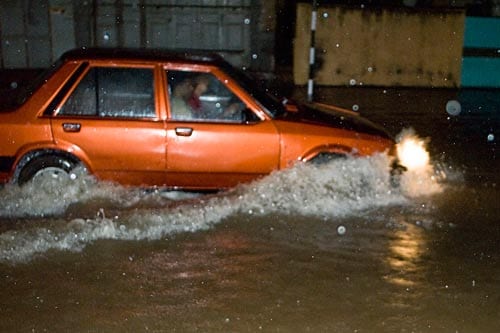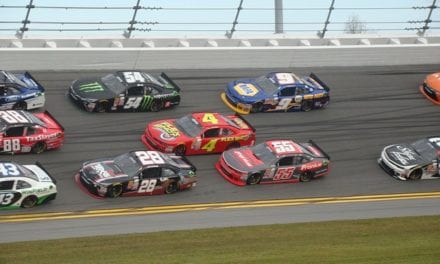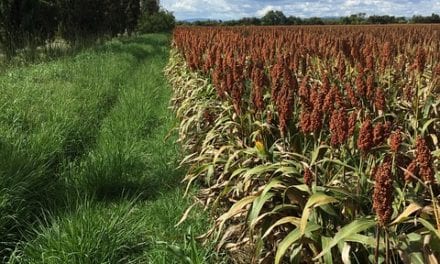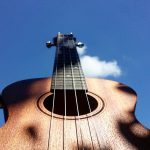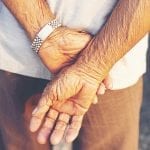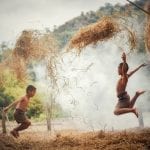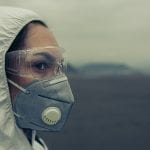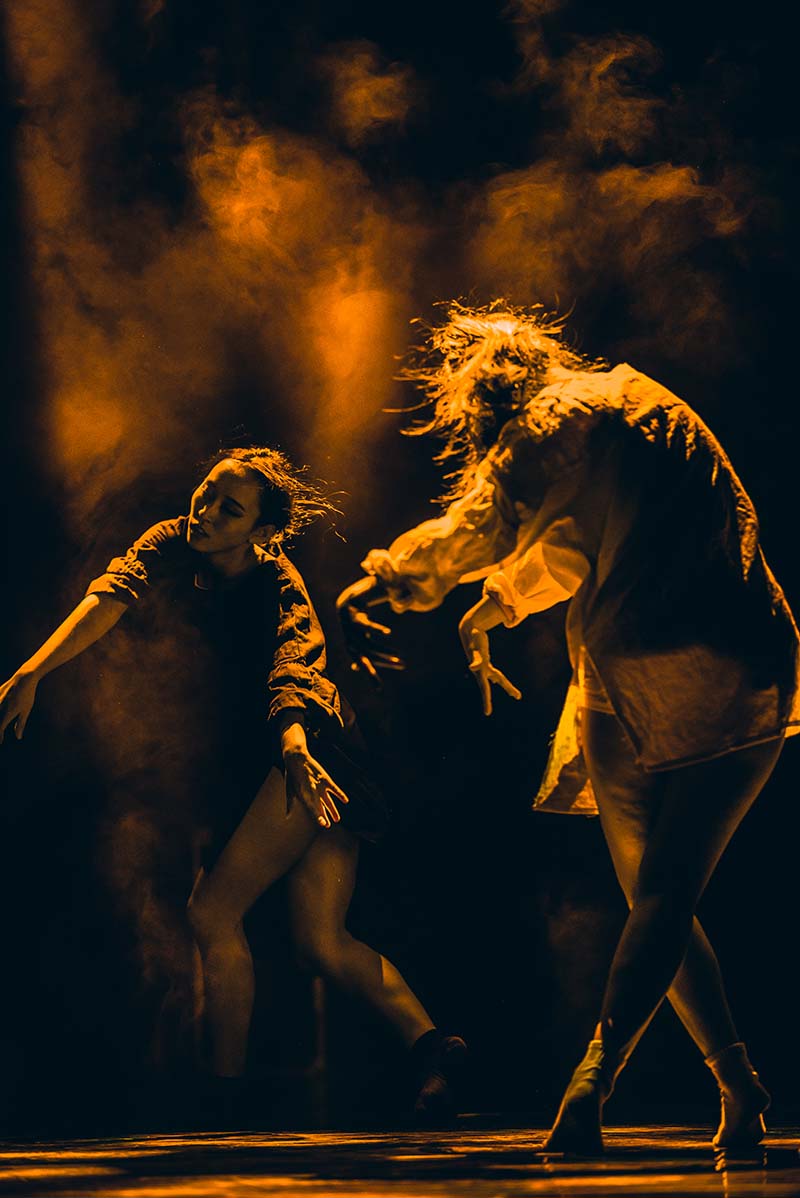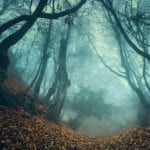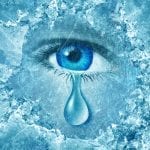The Flash Flood
It came at night. I was in bed, counting sheep like Pa taught me. The next day was a school day. I could hear Ma and Pa in the living room, watching the news. Then, there was a rumbling, faint at first I thought it was simply thunder approaching from a distance. But it grew louder and louder and I never realized until too late—for it happened fast, so fast—that that was the sound of water rolling from the sea towards the city. The last I heard of Ma was her shouting my name and footsteps hurrying up the stairs. I never saw her or Pa anymore after that.
The water exploded through the door that opened from my room and into the terrace. The wooden panel flew out of its hinges with a giant crack. The wave lifted me up from my bed, slammed me into the wall, and pushed both me and the wall backwards, the slabs giving way to the force of the oncoming rush. The room quickly filled to the brim, I was choking under, flailing my arms in an attempt to swim, but I was tossed by the strong current. I felt I was going to drown when I started gulping salty water in between gasps. But it was surprisingly quiet under the water. Almost peaceful, I closed my eyes.
And so it happened, when I had stopped fighting and gave myself up to the surging flood, I was lodged between the branches of an uprooted tree. The current carried the tree, with me caught under its foliage. I hanged on. I was comforted, hugging a branch, hidden inside the leaves. The tree rode atop the swell.
It didn’t take long. The flash flood passed like a giant wave. But when it left, I did not recognize our city anymore. Blocks where houses used to stand were left empty, the cellars gaping mouths on the ground. A few buildings, those made of concrete, withstood the beating but their glass windows were all broken and the things inside in disarray. Mud covered everything. People were everywhere: dead, unconscious, those wounded and couldn’t stand, and those who, like me, were only bruised but walked dazedly amidst what were left. Until others came and rescued us.
They made those of us who were left homeless live in a high school situated in a neighboring town, converted as a temporary shelter for the victims. Uncle Tomas, Ma’s brother, found me and he took me to live with his wife and son. They lost Cathy, my cousin, older to me by four years. For two days I went around and scoured all the classrooms, noisy with children running around and their parents either watching them with disinterest or conversing with each other, hoping to find my parents. But Ma and Pa weren’t in any of them. Finally, Uncle Ben took me to the municipal plaza, hoping to find Ma and Pa among the rows of dead bodies laid on the grass and pavement.
We didn’t find my parents. I just told myself, maybe Ma and Pa were carried by the flood when it flowed back to sea and buried them deep underneath the seabed. Uncle Tomas didn’t find Cathy. Most of the people who were walking through the bodies did not find their own families, either. Then again, it was hard to be certain which were your relatives. A lot of them had lost limbs, legs, even faces.
After three days, the unclaimed were buried in one grave, there in the same plaza, where a monument now stands in their memory.
This is all I remember about the flood.

